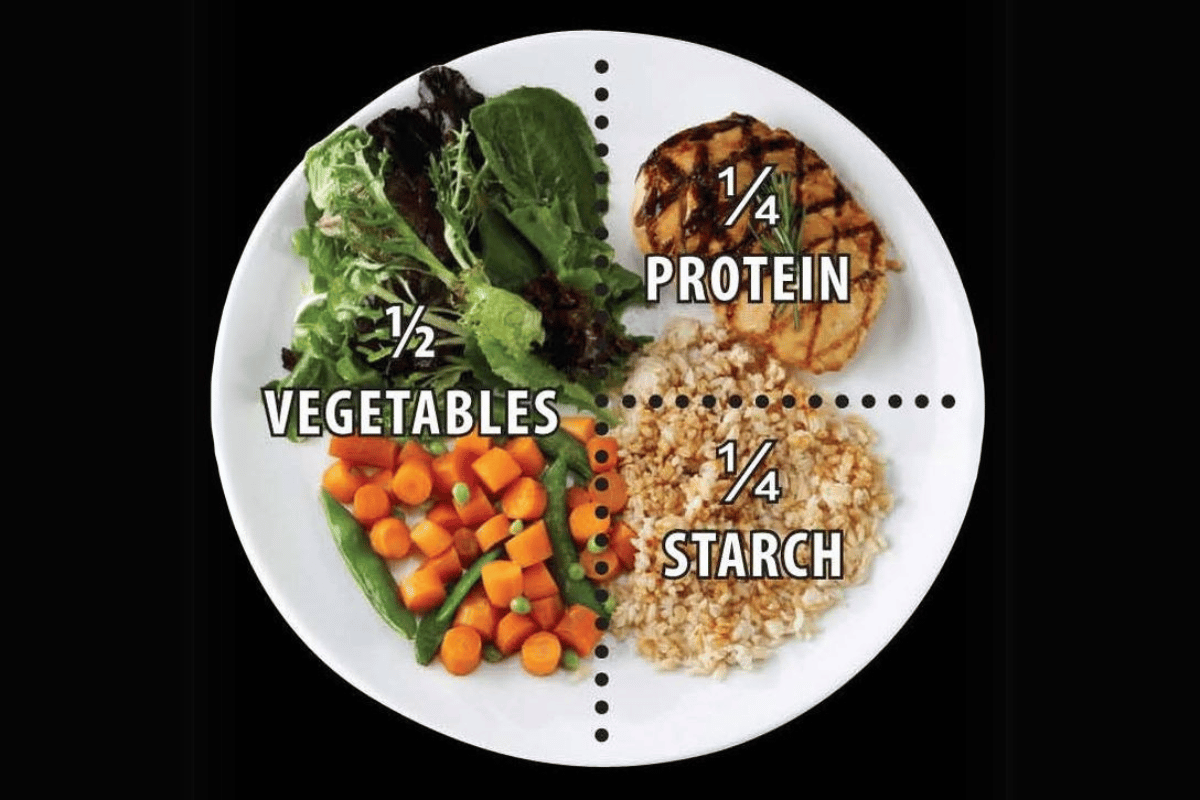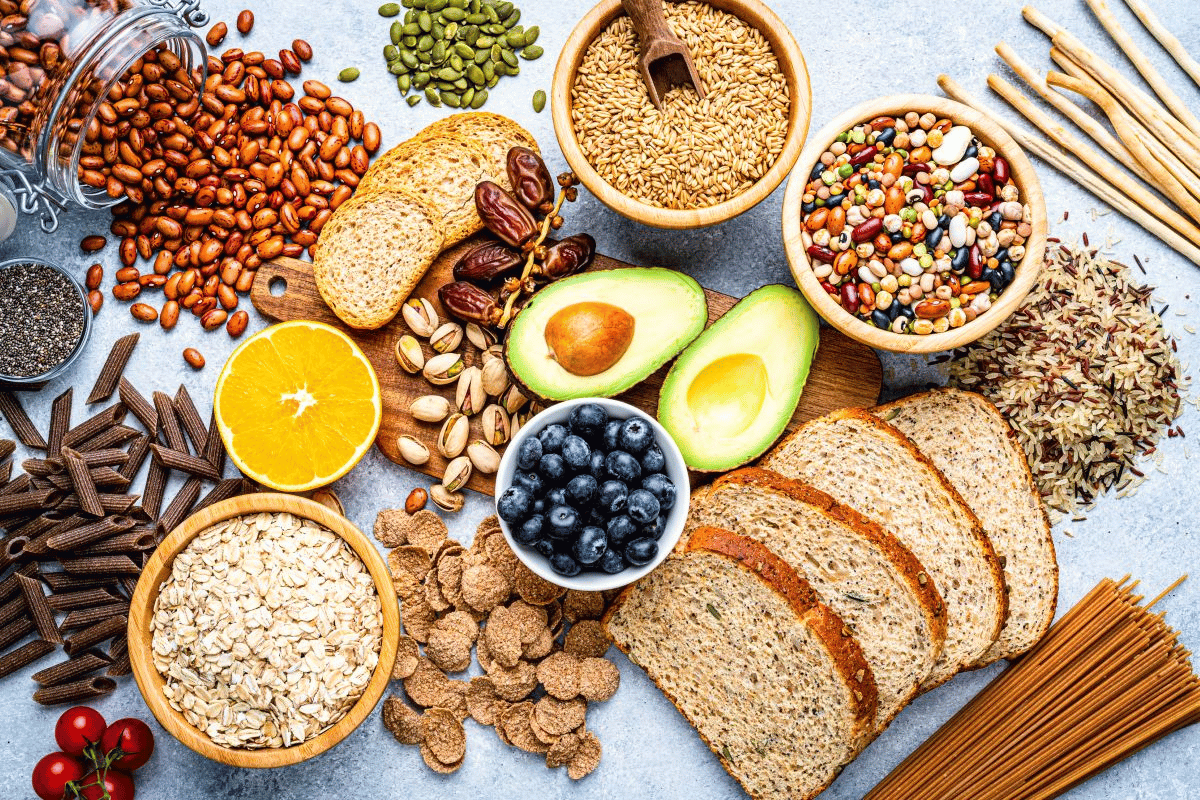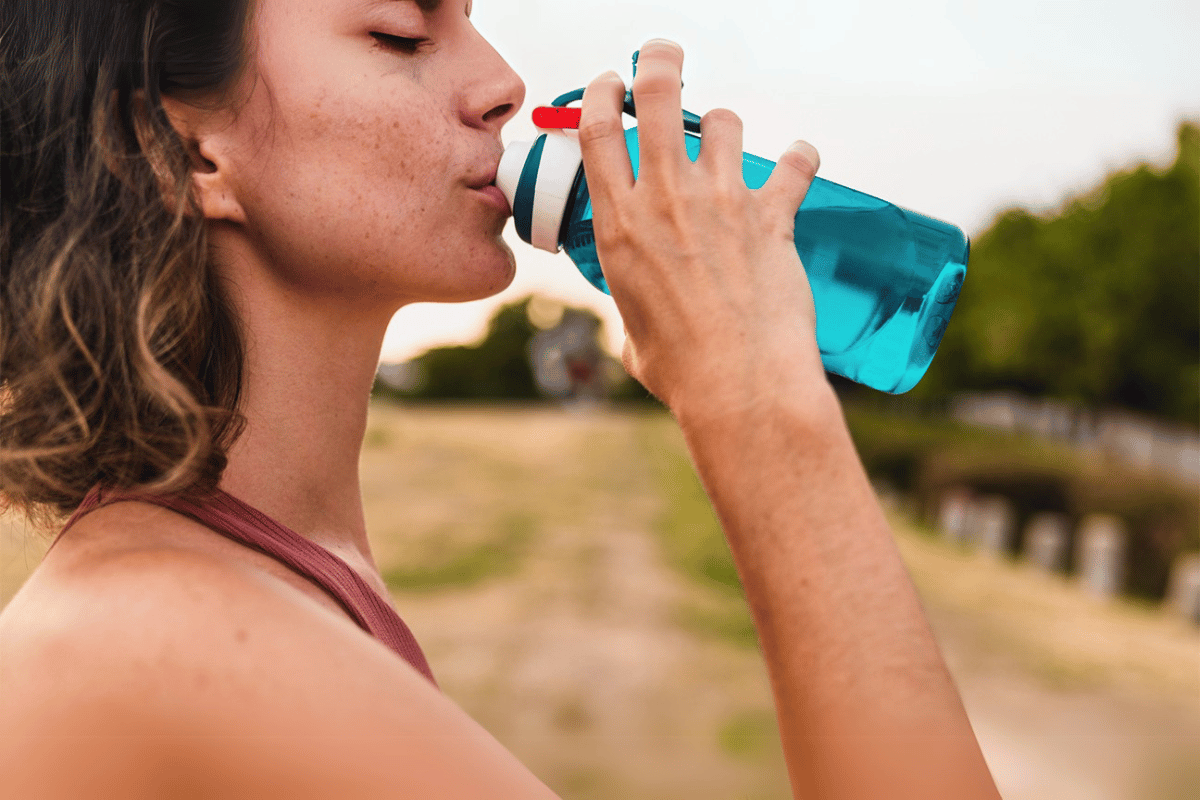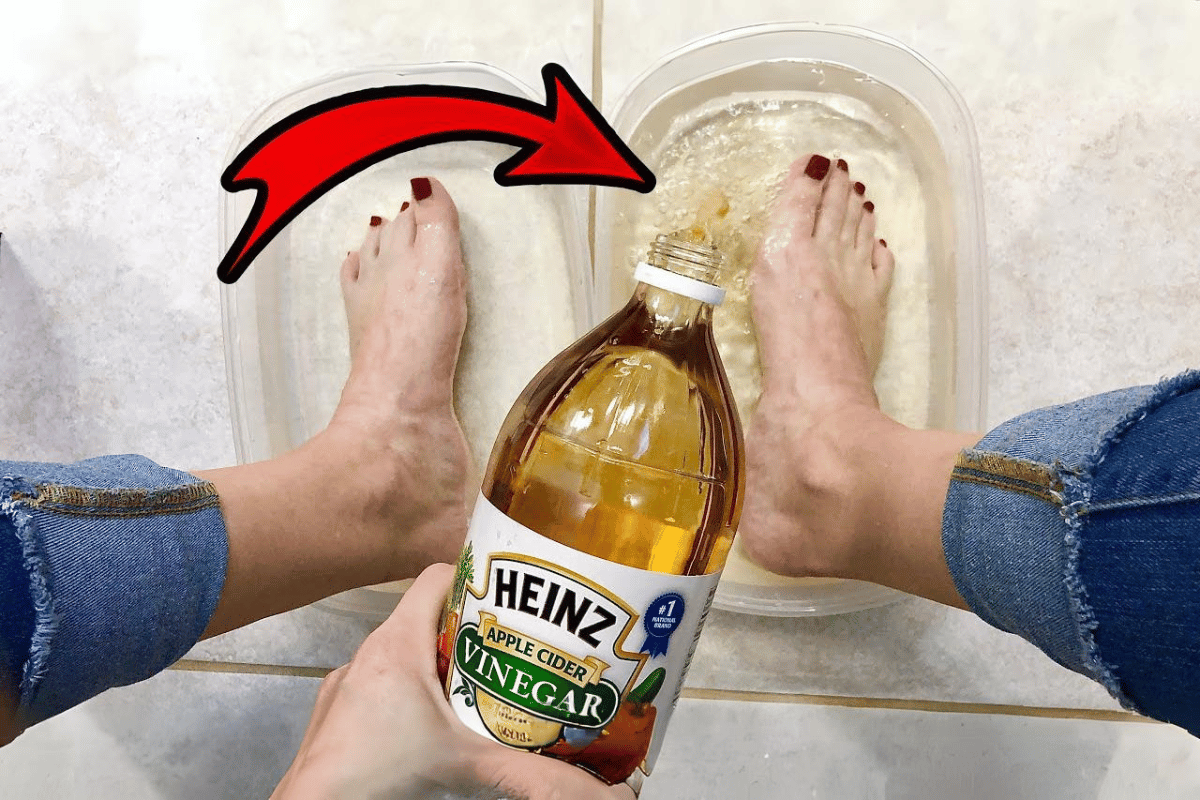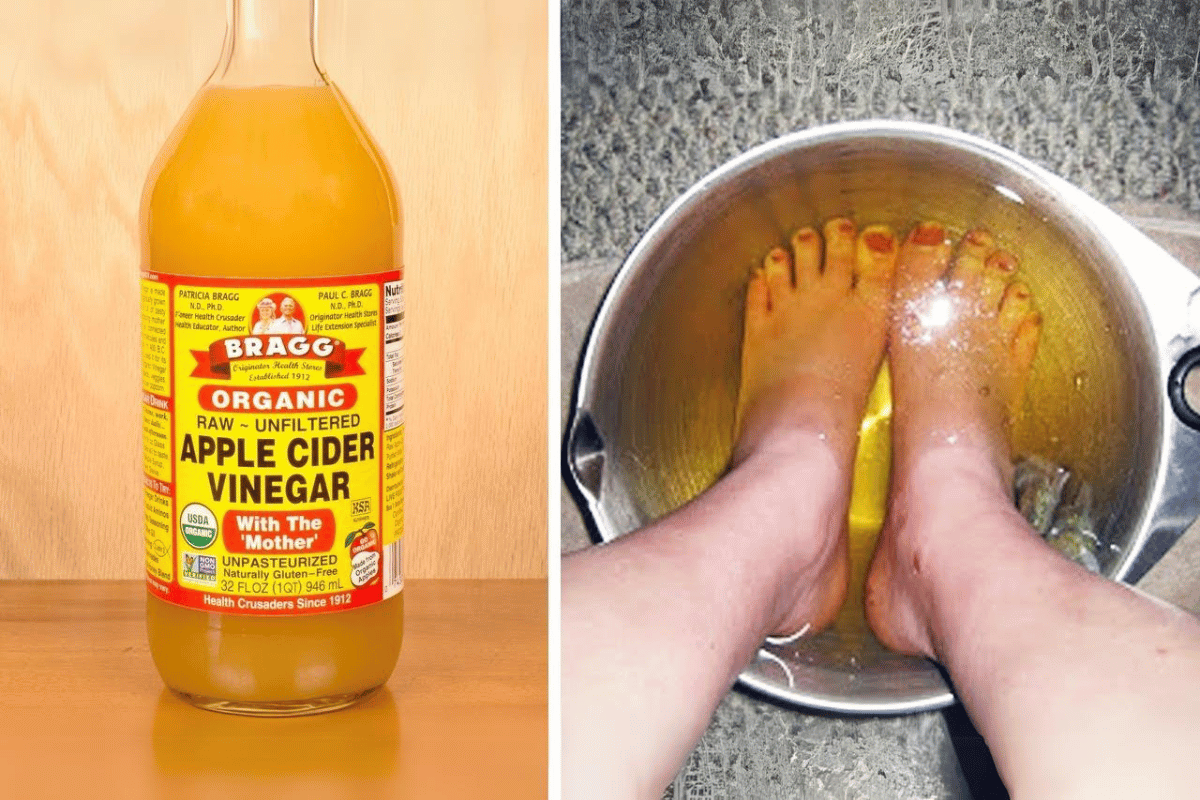Rapid weight loss is a term that often catches people’s attention, especially when it promises quick results. The idea of shedding 25 pounds in just two weeks sounds almost too good to be true, and for many, it may seem like a dream that is out of reach. While it is true that rapid weight loss is possible, it’s essential to approach it with caution. Sustainable weight loss is a gradual process; extreme, quick fixes can sometimes do more harm than good. However, when done safely and under professional guidance, specific methods can help individuals lose weight at an accelerated rate, even within a short time frame like two weeks.
Losing 25 pounds in 2 weeks is not an everyday feat and usually involves intense focus on diet, exercise, and lifestyle changes. For most people, such a dramatic weight loss might include water weight loss and fat burning. It’s essential to note that while this can lead to noticeable changes on the scale, much of the initial weight loss may be due to fluid loss and changes in eating habits rather than purely fat loss. However, with the right diet, exercise plan, and mindset, you can see significant progress towards your weight loss goals.
While rapid weight loss can seem appealing, setting realistic expectations is crucial. Losing 25 pounds in 2 weeks isn’t something that everyone can achieve in a healthy or sustainable manner. Safe weight loss is generally recommended at a rate of 1-2 pounds per week. Therefore, it’s important to focus on achieving consistent progress over time rather than just quick results. In the following sections, we will explore diet hacks and strategies that can promote rapid weight loss without compromising your health.
Rapid Weight Loss 25 Pounds in 2 Weeks
Diet Hack #1: Intermittent Fasting for Maximum Fat Loss:
What Is Intermittent Fasting and How Does It Work?
Intermittent fasting is an eating pattern that alternates between periods of eating and fasting. One of the most popular methods is the 16:8 method, where you fast for 16 hours and eat within an 8-hour window. This approach has gained significant attention for its potential to help with rapid weight loss, including significant fat reductions. When you fast, your body shifts from burning carbohydrates for energy to burning fat, a process called fat oxidation.
During fasting periods, insulin levels drop, which facilitates fat burning. This makes intermittent fasting an excellent tool for those looking to lose 25 pounds in 2 weeks. It allows your body to use stored fat as fuel, helping accelerate the weight loss process. Additionally, intermittent fasting helps regulate hunger hormones, making it easier to stick to a calorie deficit and reduce the temptation to overeat.
Benefits of Fasting in Controlling Appetite and Speeding Up Fat Burning
Intermittent fasting is also effective in controlling appetite. By limiting the eating window, many people naturally consume fewer calories, leading to a calorie deficit—a key factor in weight loss. Fasting has been shown to increase the production of norepinephrine, a hormone that accelerates fat burning by boosting metabolism. This, combined with reduced insulin levels, ensures your body is in fat-burning mode for your fasting period.
How to Implement Intermittent Fasting Safely
To implement intermittent fasting, start slowly, especially if you’re new to fasting. Begin with shorter fasting periods and gradually increase them as your body adjusts. Staying hydrated during fasting periods is essential, so drink plenty of water, herbal teas, or black coffee to help curb hunger and support metabolism. When it’s time to eat, focus on whole, nutrient-dense foods like lean proteins, vegetables, and healthy fats to ensure you are meeting your nutritional needs without overeating. One of the most important things to remember is to avoid binge eating during eating windows. Stick to regular, balanced meals to ensure your body burns fat rather than storing it.
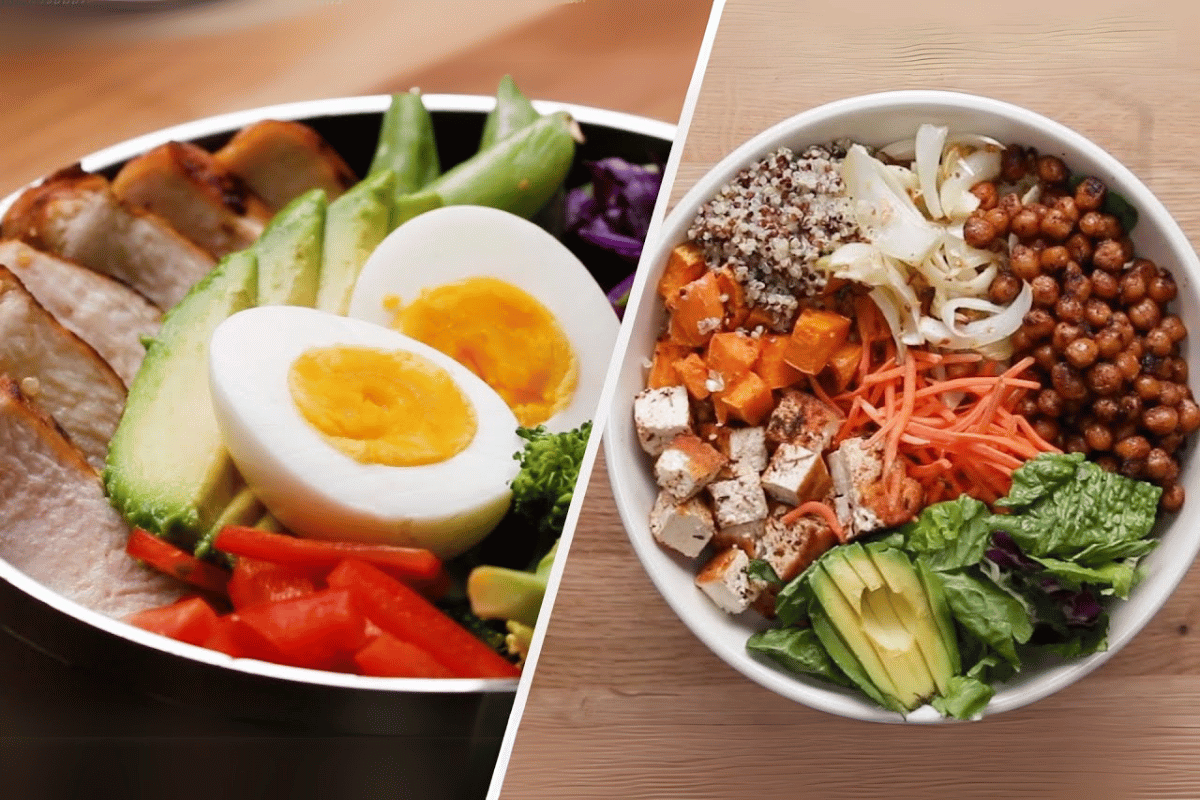
Diet Hack #2: Cut Out Processed Foods and Sugars:
Why Processed Foods Hinder Weight Loss
Processed foods are among the biggest culprits in weight gain and slow metabolism. They are typically high in refined sugars, unhealthy fats, and preservatives, all of which can sabotage weight loss efforts. Consuming these foods regularly spikes insulin levels, leading to insulin resistance, which encourages the body to store fat rather than burn it. Insulin resistance is closely linked to difficulty in losing weight, as it prevents fat cells from releasing stored fat for energy.
When you consume processed foods, your body struggles to process the excess sugars and fats, accumulating fat around the abdomen and other areas. This can significantly hinder your ability to lose 25 pounds in 2 weeks or reach any other rapid weight loss goals. Furthermore, processed foods can cause inflammation, which impairs fat metabolism and can result in bloating, making weight loss even more challenging.
Healthy Alternatives to Processed Foods
Replacing processed foods with whole, nutrient-dense foods is essential to maximize rapid weight loss. Focus on consuming vegetables, lean proteins (such as chicken, fish, and tofu), and healthy fats (like avocado, nuts, and olive oil). These foods provide essential nutrients, fiber, and healthy fats, supporting metabolism and burning fat.
For example, swap out sugary snacks like cookies or chips with homemade vegetable snacks or fruit. Rather than sugary sodas, drink water or green tea, which support fat-burning and help reduce hunger. Meal prep can be especially helpful in sticking to these alternatives. Prepare a week’s worth of healthy meals and snacks in advance to avoid reaching for unhealthy options during hunger or stress.
By cutting out processed foods and sugars, you’ll help your body enter a fat-burning mode, which is crucial for achieving your 25-pound weight loss target in a short time.

Diet Hack #3: Boost Your Metabolism with Protein-Rich Meals:
How Protein Affects Metabolism and Fat Loss
Protein is an essential macronutrient that plays a significant role in boosting metabolism and supporting fat loss. When you consume protein-rich foods, your body undergoes a process called thermogenesis, which refers to the production of heat (energy expenditure) during digestion. This process requires more energy than the digestion of fats or carbohydrates, which means your body burns more calories just to break down and process protein. As a result, protein-rich meals can significantly increase metabolic rate, helping you burn more calories throughout the day.
Additionally, protein has a satiating effect on hunger, meaning it helps you feel fuller for longer. This reduces the likelihood of overeating or snacking between meals, which can quickly derail your rapid weight loss goals. By incorporating more protein into your diet, you naturally limit calorie intake without feeling deprived, making it easier to create a caloric deficit necessary for weight loss.
Protein-Rich Meal Ideas to Incorporate
To make the most of this diet hack, add protein to every meal and snack. Here are a few quick ideas:
- Breakfast: Scrambled eggs with spinach and avocado or a Greek yogurt parfait with chia seeds and berries.
- Lunch: Grilled chicken or turkey breast salad with mixed greens, tomatoes, and olive oil dressing.
- Dinner: Baked salmon or a tofu stir-fry with vegetables and quinoa.
For snacks, opt for high-protein options like:
- Hard-boiled eggs
- Cottage cheese with sliced cucumber or berries
- Protein smoothies with a scoop of protein powder, almond milk, and a handful of spinach
Focusing on these protein-rich meals and snacks can accelerate fat-burning and support muscle preservation, both of which are key to achieving rapid weight loss.
Diet Hack #4: Increase Water Intake to Maximize Fat Loss:
Why Drinking More Water Helps Burn Fat
Staying hydrated is often overlooked in weight loss journeys, but drinking more water is crucial in boosting metabolism and promoting fat loss. One of the key ways water aids in fat burning is through its effect on thermogenesis, which is the process of heat production that increases calorie expenditure. When you drink cold water, your body expends energy to bring the water temperature to match your internal body temperature, thereby burning calories.
In addition to enhancing metabolism, water also aids digestion. By flushing out waste and supporting the digestive system, water helps to maintain a healthy gut and prevent bloating. As a result, you may feel less bloated and more confident about your body, contributing to an overall sense of well-being during your weight loss efforts. Moreover, water is an effective tool in curbing hunger pangs, as the sensation of hunger is often a sign of dehydration rather than an actual need for food.
How Much Water Should You Drink?
The water you need depends on activity level, body size, and climate. Still, a general guideline is to aim for 8-10 glasses of water per day or around 2-2.5 liters. You may need more if you’re physically active or live in a hot climate. Drinking water before meals is especially beneficial, as it helps reduce overeating by making you feel fuller and faster. To make water intake more effortless and enjoyable, try infusing your water with flavors like lemon, cucumber, or mint. These additions enhance the taste and provide extra health benefits, such as supporting digestion and detoxification.
By making water a key part of your weight loss strategy, you can enhance fat loss, reduce hunger, and keep your metabolism running efficiently—helping you lose 25 pounds in 2 weeks.
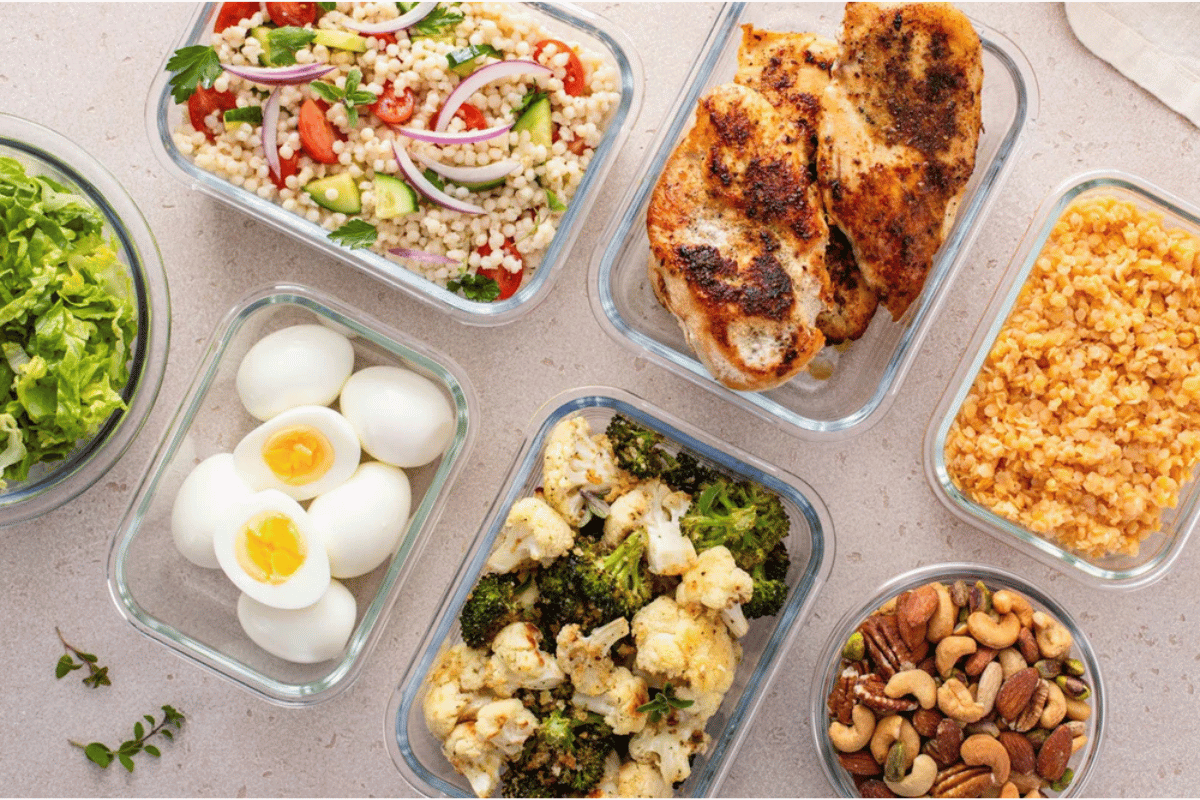
Diet Hack #5: Eliminate Late-Night Eating and Snacking:
The Impact of Eating Late on Weight Loss
Late-night eating can significantly interfere with your weight loss efforts. Consuming food late in the evening, especially high-calorie snacks, can disrupt metabolism and lead to fat storage. Research has shown that eating too close to bedtime can increase the likelihood of storing those calories as fat, as the body’s metabolism slows at night. Additionally, consuming foods late can raise your insulin levels, making it more challenging for your body to burn fat efficiently.
The science behind this lies in your body’s circadian rhythm, essentially its internal clock regulating metabolism. During the night, when the body prepares for rest, it is less efficient at burning fat and processing food. Eating late can signal your body to store fat rather than burn it, making it more difficult to lose weight. This means that if you consistently eat late at night, you may be undoing much of the hard work you’ve put in during the day.
How to Avoid Late-Night Eating
Sticking to a regular eating schedule is one of the easiest ways to combat late-night eating. Try to eat your last meal at least 2-3 hours before bedtime to allow your body time to digest and prepare for rest. If you feel cravings in the evening, there are several tricks to help curb them:
- Brush your teeth after dinner to signal that eating time is over. The fresh taste can deter you from wanting to eat again.
- Have a light, early dinner with lean proteins and vegetables to keep you full without overeating.
- If cravings persist, distract yourself with non-food activities, such as reading or walking, to break the cycle of emotional eating.
By eliminating late-night eating and sticking to a more regular eating pattern, you can optimize your metabolism, support fat-burning processes, and progress significantly toward your weight loss goals.
Conclusion
Achieving a rapid weight loss of 25 pounds in just two weeks is challenging, but it’s not impossible if approached with the right strategies. You can accelerate fat loss and achieve noticeable results by implementing diet hacks such as intermittent fasting, cutting out processed foods, boosting metabolism with protein-rich meals, drinking more water, and eliminating late-night snacking. However, it’s important to remember that while these methods can be effective in the short term, sustainable weight loss comes from making healthy, long-term changes to your eating and lifestyle habits.
Successful weight loss is about consistency, smart choices, and balance. Focusing on nutrient-dense foods, staying hydrated, and respecting your body’s natural rhythms will support rapid weight loss and overall well-being. While 25 pounds in two weeks might sound ambitious, with these hacks in place, you can see dramatic changes that will pave the way for lasting health.

FAQ: Rapid Weight Loss 25 Pounds in 2 Weeks
1. Is it safe to lose 25 pounds in 2 weeks?
Losing 25 pounds in 2 weeks is considered extreme and may not be safe for everyone. Rapid weight loss can lead to muscle loss, nutritional deficiencies, and other health risks. It is essential to approach rapid weight loss cautiously and consult a healthcare professional before drastically changing your diet or exercise routine. Sustainable weight loss over time is often healthier and more effective.
2. How can intermittent fasting help with rapid weight loss?
Intermittent fasting limits your eating time, which helps reduce overall calorie intake and boosts fat burning. During fasting periods, the body uses stored fat for energy, increasing fat loss. Additionally, intermittent fasting can help control hunger hormones and improve metabolic function. Popular fasting methods like the 16:8 method (fasting for 16 hours and eating during an 8-hour window) have shown positive results for weight loss.
3. Why should I reduce processed foods and sugars for weight loss?
Processed foods and sugars can disrupt metabolism, promote fat storage, and lead to insulin resistance. They are often high in empty calories and low in nutrients. By eliminating them and focusing on whole, nutrient-dense foods like vegetables, lean proteins, and healthy fats, you can control your calorie intake and support your body’s natural fat-burning processes.
4. How does protein help with rapid weight loss?
Protein is crucial in boosting metabolism and promoting fat loss by increasing thermogenesis (heat production). It also helps reduce hunger, keeping you fuller for longer, which prevents overeating. Including protein-rich meals in your diet can help preserve muscle mass while promoting fat loss. Protein also stabilizes blood sugar levels, helping control hunger and cravings.
5. How much water should I drink for weight loss?
Water is essential for boosting metabolism, aiding digestion, and reducing bloating. Drinking enough water can also help curb hunger and prevent overeating. The recommended daily intake is around 8 cups (64 ounces), which can vary depending on individual needs and activity levels. To maximize fat loss, drink water regularly throughout the day, especially before meals. Infusing water with flavors like lemon, cucumber, or mint can make it more enjoyable and encourage better hydration.
6. What are the dangers of late-night eating for weight loss?
Eating late at night can disrupt the body’s natural metabolic rhythms, leading to poor digestion, fat storage, and overeating. When the body is at rest, it is less efficient at processing food. Studies show that late-night eating can interfere with fat-burning processes and lead to weight gain. To avoid this, try having a lighter dinner earlier in the evening and create a bedtime routine to discourage late-night snacking.
7. Can I expect to keep the weight off after losing 25 pounds in 2 weeks?
While it is possible to lose weight quickly using the above diet hacks, keeping the weight off requires ongoing effort. Rapid weight loss can lead to temporary results, but maintaining a balanced diet, regular physical activity, and healthy habits in the long term is essential for sustaining weight loss. Focus on building sustainable habits and avoid drastic dieting that could lead to regaining weight later.
8. Are these diet hacks safe for everyone?
These diet hacks may not be suitable for everyone. People with underlying health conditions, such as diabetes, heart disease, or eating disorders, should consult with a doctor before attempting any extreme weight loss methods. It’s important to tailor any diet plan to your needs and ensure you’re not depriving your body of essential nutrients.
